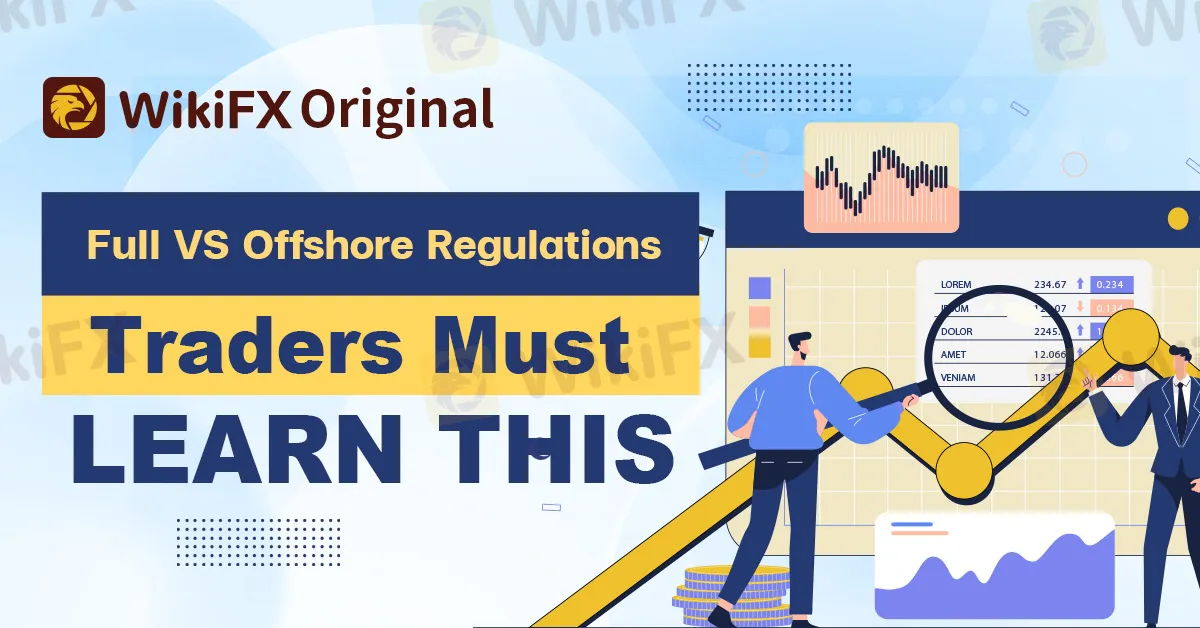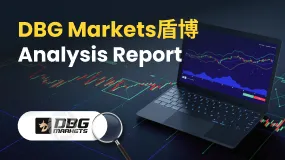Abstract:Discover the differences between full regulation and offshore regulation in the financial sector and learn how WikiFX empowers traders with essential regulatory insights to make informed decisions in the complex financial market landscape.

In the ever-evolving financial sector, understanding the different types of regulations is crucial for traders and investors seeking a safe and reliable trading environment. Regulations can be broadly categorized into two types: full regulation and offshore regulation, each with its own set of advantages and considerations.

When operating under full regulation, financial entities face stricter rules on license issuance and management. This can provide traders with a sense of security, knowing that the regulatory authorities are actively monitoring and supervising the market. Countries like the European Union members, the United Kingdom, the United States, Australia, Hong Kong, Israel, and Russia implement full regulation, making it a prevalent practice in many established financial markets.
However, with the benefits of comprehensive oversight come more extensive requirements and higher costs. Full regulation often involves substantial management fees, including application fees, activation fees, and annual fees. Moreover, entities operating within these jurisdictions are subject to minimum capital requirements to ensure financial stability. The process of obtaining licenses can be intricate, involving extensive due diligence and suitability procedures for companies, directors, and shareholders.

On the other hand, offshore regulation provides an alternative for traders seeking a more flexible and cost-effective approach. Obtaining an offshore license is generally faster, taking only a few months in most cases, depending on the regulatory jurisdiction. The operational costs and management fees tend to be lower, making it an attractive option for those seeking more accessible entry points into the market.
A key advantage of offshore regulation is the relaxed conditions for obtaining licenses. Many offshore regulatory jurisdictions do not require physical presence for office space, company directors, or shareholders. This can significantly reduce the administrative burden and costs associated with establishing a physical presence in a foreign country.
Moreover, offshore regulation often imposes limited reporting requirements, primarily focusing on capital adequacy and financial conditions. This lighter reporting burden allows entities to operate with greater ease and lower compliance costs. In many offshore jurisdictions, there is no requirement for financial services to be provided exclusively to local residents or within the jurisdiction, providing more flexibility for international operations.

As a prominent platform for traders and investors, WikiFX plays a vital role in enhancing the understanding of regulatory environments worldwide. Its comprehensive database offers insights into the regulatory status of brokers and financial entities, enabling traders to make informed decisions.
By using WikiFX, traders can easily identify whether a broker operates under full regulation or offshore regulation. The platform provides detailed profiles of brokers, including licensing information, regulatory statuses, and any reported issues or complaints. This empowers traders to assess the level of oversight and security offered by a particular broker, helping them navigate the complex financial landscape with confidence.
Additionally, WikiFX serves as a valuable resource for understanding the requirements and implications of different regulatory environments. Whether a trader is considering full regulation or exploring opportunities in offshore jurisdictions, WikiFX's platform equips them with the knowledge needed to weigh the pros and cons effectively.
In conclusion, WikiFX's dedication to providing comprehensive and up-to-date regulatory information is an invaluable asset for traders and investors worldwide. By leveraging its platform, traders can make well-informed choices, enhance risk management, and seize opportunities in the ever-changing financial markets.













